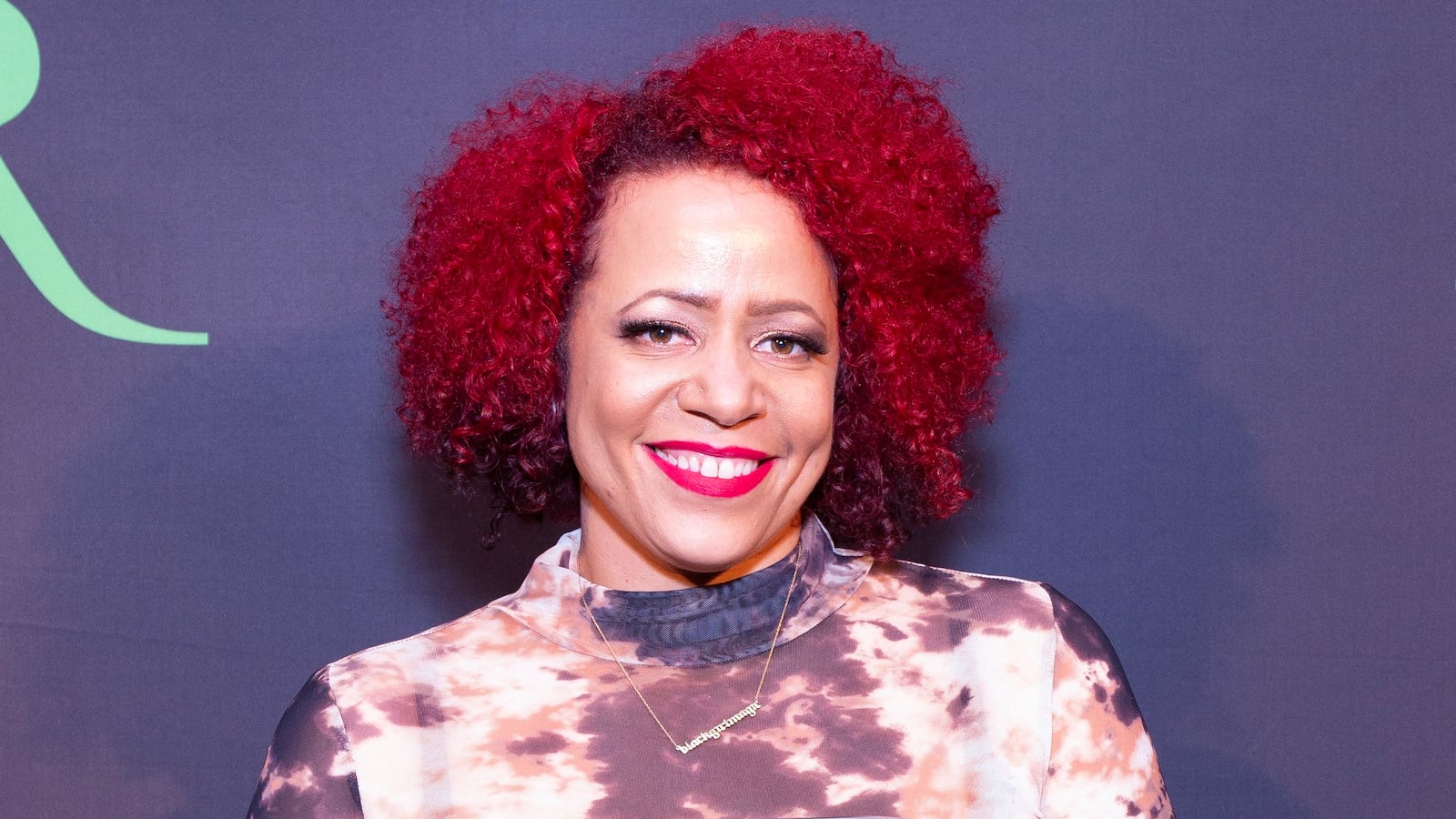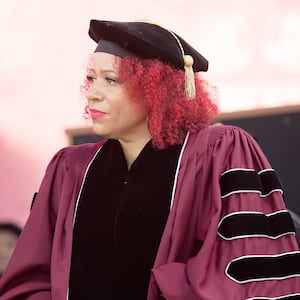The head of a ritzy New England boarding school is taking a leave of absence, following backlash over a decision to block The New York Times writer Nikole Hannah-Jones from speaking on campus.
Hannah-Jones, founder of the Times’ 1619 Project, had been invited to speak to students during a planned diversity symposium next winter. But the head of school, David Beare, allegedly intervened, fearing her presence would create too much “noise,” according to the excerpt of an email Hannah-Jones posted to her Twitter account.
The decision sparked outcry from alumni, while current students staged a walkout. Close to 100 faculty members reportedly wrote a letter of protest as well.
In a note addressed to the Middlesex community on Thursday, which The Daily Beast obtained, Beare wrote that he believed a leave of absence “serves the best interest of the students and the School. Thank you to everyone in the School community who has reached out to me and my family during this challenging time.”
In a separate note sent late last week, and jointly signed by Beare and the president of the board of trustees, Stephen Lari, the pair apologized for what they called a “profoundly wrong” decision.
“We deeply regret it and have had many gut-wrenching conversations within our community regarding the decision, how it was made, and the disrespect we showed Professor Hannah-Jones,” they added.
The board of trustees stated that the entire group had not been consulted on the matter in advance.
In yet another letter sent on Thursday, the board announced that Middlesex’ assistant head of school, Karlyn McNall, would assume Beare’s role on an interim basis.
They also announced an independent review “to determine the facts and draw the necessary lessons” from last week’s debacle.
During the fallout, Middlesex had been criticized for its apparent hypocrisy. Less than two weeks ago, it had published an open letter espousing its commitment to diversity, equity, and inclusion, and citing the importance of the “open exchange of viewpoints.”
The board sought to address that dissonance on Thursday, writing that “this experience has only reinforced the need for thoughtful discussions… With the help of students, faculty, staff, alumni, parents and the school’s leadership, we can emerge from this moment as a stronger, more unified, and more thoughtful and sensitive community.”







